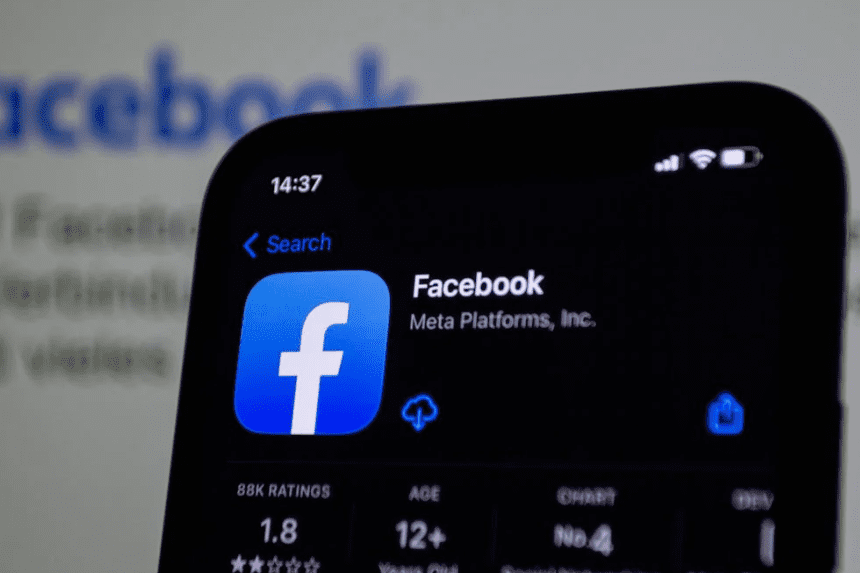Meta, the corporation that owns Facebook, Instagram, and WhatsApp, has reached an agreement with shareholders in a long-running legal struggle. The case was about how the corporation dealt with privacy infringement, such as the well-known Cambridge Analytica issue. Mark Zuckerberg and other high-ranking officials were accused of not doing enough to fix significant privacy issues, which caused millions of Facebook users’ data to be leaked.
At first, the stockholders wanted $8 billion in damages. The exact amount of the settlement is still a secret, but it was negotiated just as the lawsuit was about to start its second day in a Delaware court. Meta has not said anything about the deal.
Why Did Shareholders Go After Meta?
Launched in 2018, the shareholders’ complaint asserted that Zuckerberg’s actions directly led to the privacy breach with Cambridge Analytica. A political consulting business that worked on Donald Trump’s campaign for president in 2016 had access to the data of millions of Facebook users without their permission. The plaintiffs said that Meta’s top officials were to blame for not stopping the breach and should pay the firm back for more than $8 billion in legal fees and fines it had to pay to satisfy customer privacy claims.
Meta’s leaders were also looked at more closely for the timing of stock sales, raising questions about whether the executives acted unlawfully during the escalating privacy scandals. Here is the link to our article on the Financial Influencers Crackdown
What are the main defendants in the case?
The complaint also named several well-known people who worked with Meta, such as Jeffrey Zients, who was the company’s director and later became White House Chief of Staff under President Joe Biden. Zients said in his testimony that the business didn’t agree to pay the $5 billion punishment that the Federal Trade Commission (FTC) gave them to keep Zuckerberg out of trouble with the law.
Peter Thiel, who co-founded Palantir Technologies, and Reed Hastings, who co-founded Netflix, were also important defendants. The deal stops the defendants from taking the stand, which may have given further information about how Meta made decisions during the privacy problem.
What Does the Settlement Mean?
Law experts, including Ann Lipton, a law professor at the University of Colorado, say that the deal keeps the public from getting a full picture of how Facebook’s illicit activities were able to continue. Lipton stressed the social value of full exposure, which may have stopped future crimes in the tech industry.
Meta has been paying billions of dollars to fix its past faults and implement privacy measures since 2019, even though it is not directly engaged in the complaint. Here is the link to our article on AI Market Disruption
Final Thoughts
This settlement is a big deal for Meta, but it also shows that there are still problems with Facebook privacy and corporate responsibility in the tech industry. The corporation might have made up for how it handled Facebook privacy and user data during the case, but because there wasn’t a full trial, many crucial points may still be unanswered. This case has effects that go beyond Meta. It might create a precedent for other big internet companies that have comparable Facebook privacy issues.








